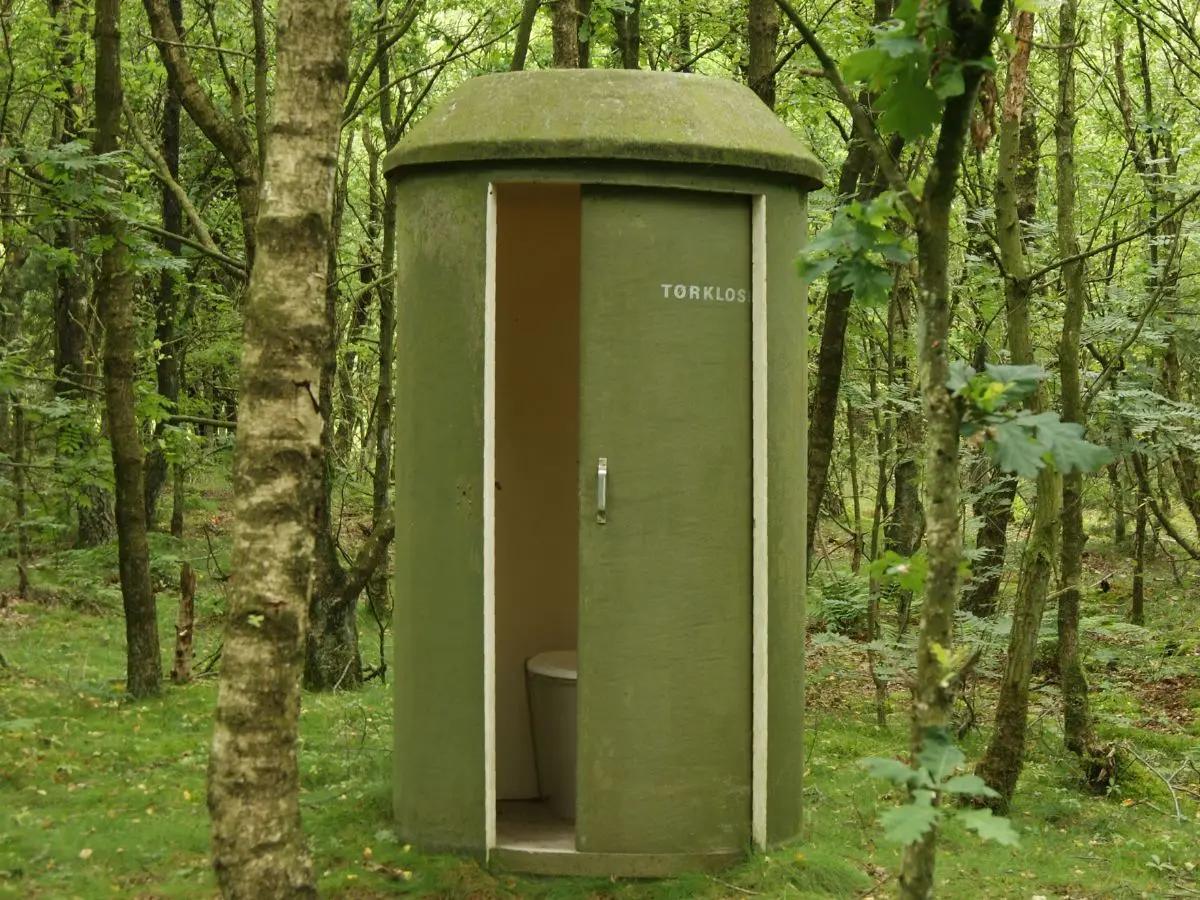Researchers at the University of British Columbia (UBC) have unveiled the MycoToilet, the world’s first mushroom-powered waterless toilet, at the UBC Botanical Garden in Vancouver, Canada. This innovative prototype transforms human waste into nutrient-rich compost using mycelium, the root networks of mushrooms, without the need for water, electricity, or chemicals. The design features a modern, sustainable structure that integrates seamlessly into natural environments, making it suitable for parks, remote communities, and areas lacking conventional plumbing. The MycoToilet exemplifies the fusion of scientific innovation and environmental sustainability. By leveraging fungi’s natural decomposition abilities, the system offers a circular approach to sanitation, turning what was once a waste problem into a resource for agriculture and soil improvement.
The MycoToilet employs a mycelium-based biocomposite system combined with thermophilic microbes to decompose human waste efficiently. Solid waste is directed into a compartment lined with mycelium, where fungi absorb odours and facilitate the breakdown of organic matter into compost. This process accelerates pathogen elimination and reduces decomposition time by approximately 50 per cent compared to traditional composting methods. “We wanted to turn a daily routine everyone knows into a pleasant experience that reminds us of our connection to ecological cycles,” said the associate professor at UBC’s school of architecture and landscape architecture (SALA) and project lead, Joseph Dahmen.
The system also ensures hygiene and odour control. Lab tests suggest mycelium liners remove more than 90 per cent of odor-causing compounds. Liquid waste is separated and processed differently to prevent contamination, while the solid waste is gradually converted into safe, nutrient-rich fertilizer. The technology allows for continuous use without requiring extensive maintenance, electricity, or water, making it a practical option for both urban and remote settings.
The introduction of the MycoToilet addresses significant global sanitation challenges. Around 40 per cent of the world’s population lacks access to proper sanitation facilities, resulting in health risks, water pollution, and environmental degradation. By converting waste into compost, the MycoToilet not only provides a sustainable sanitation solution but also contributes to soil fertility, offering an alternative to chemical fertilizers.
Beyond its environmental benefits, the MycoToilet presents opportunities for rural communities, ecotourism sites, and environmentally sensitive areas. It demonstrates how innovative approaches can simultaneously address human health, agricultural needs, and ecological conservation.

